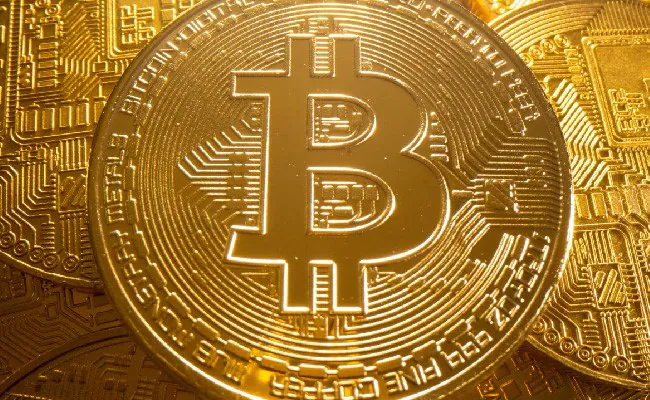 Decentralised finance - or DeFi - is throwing up new risks for investors as it evolves to mirror traditional markets, a global body for securities regulators said on Thursday, adding to a chorus of warnings about the fast-growing crypto offshoot. Decentralised finance - or DeFi - is throwing up new risks for investors as it evolves to mirror traditional markets, a global body for securities regulators said on Thursday, adding to a chorus of warnings about the fast-growing crypto offshoot.
So-called DeFi platforms allow users to lend, borrow and save in digital assets, bypassing the traditional gatekeepers of finance such as banks and exchanges.
Backers say they open up financial services for swathes of consumers and businesses that otherwise struggle to access loans or other products. The DeFi sites became popular during the Covid-19 pandemic, as rock-bottom interest rates pushed investors to search for yield.
Most DeFi services replicate more traditional financial services and activities, but with weaker regulation and increased risks for investors, IOSCO, made up of securities regulators from the United States, Europe and Asia, said in a report.
IOSCO highlighted risks surrounding DeFi, including lack of disclosure of products and systems, patchy reliability of the DeFi sites and potential problems in operating at scale.
DeFi sites claim to be "decentralised" with no single entity exerting control, but IOSCO said professional investors or venture capitalists often have a strong say on governance or retain ultimate control.
In addition, centralised trading platforms that offer DeFi services, such as trading, lending and borrowing, may also have potential conflicts of interest, IOSCO said, without giving further details.
The value of crypto on DeFi platforms hit a record of more than $111 billion in November, mirroring record highs for bitcoin, and now stands at around $80 billion, based on data site DeFi Pulse.
Regulation of DeFi, like cryptocurrencies in general, remains patchy, even though the sector is attracting more mainstream investors. DeFi has also been used for scams and other crimes.
The Financial Stability Board, a risk monitoring watchdog for the G20 economies, said last month DeFi could present risks to financial stability without regulation and oversight. |
